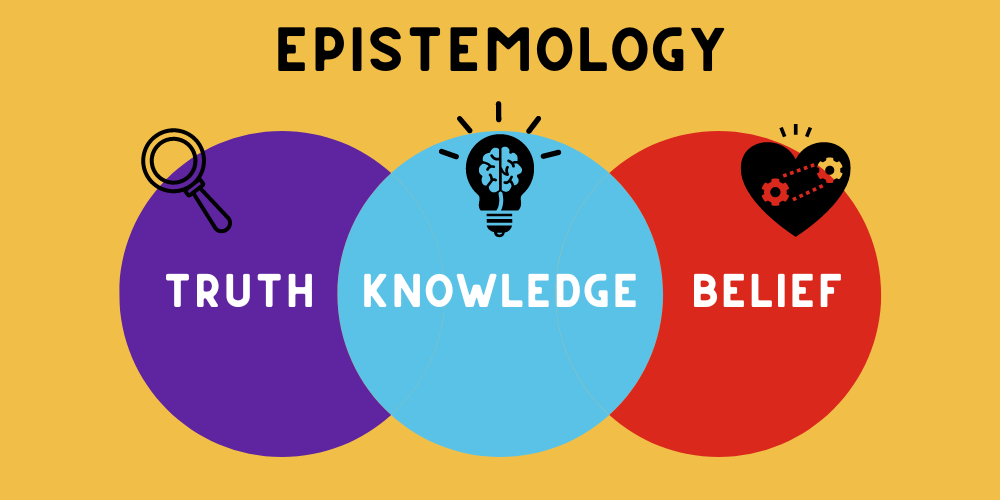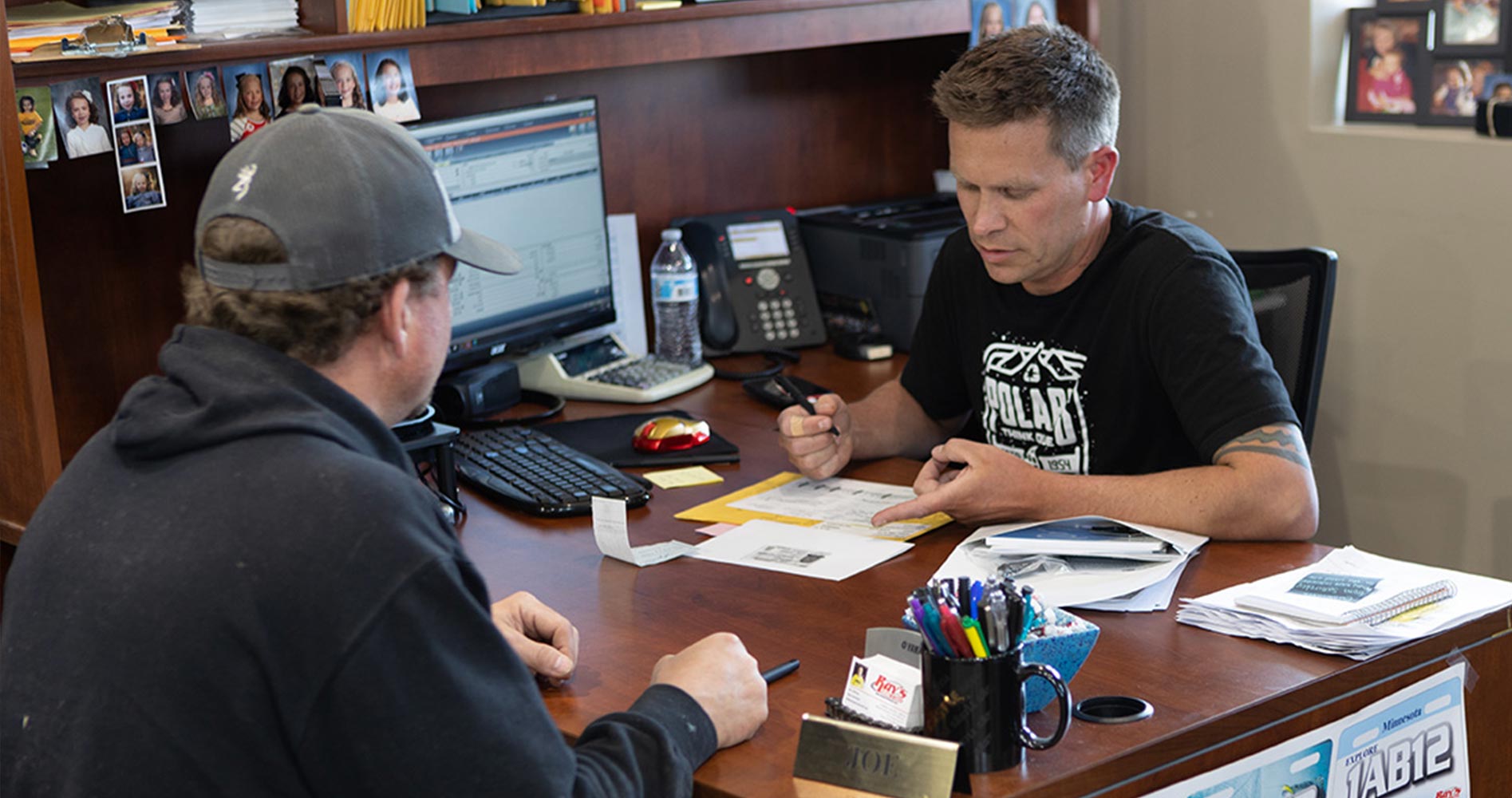Epistemology – the study of which explores the theory of knowledge – its origins, methods, and validity. It examines our perception of reality and distinguishes true knowledge from belief, questioning what knowledge is, how we acquire it, and our certainty about what we know.
Within the realm of epistemology, philosopher Edmund Gettier presented a challenge to the classical definition of knowledge. According to the classical view, knowledge is justified true belief. However, Gettier posed situations where individuals had beliefs that were both justified and true, yet these beliefs did not seem to constitute knowledge—hence the term “Gettier problems.” For instance, consider a broken clock that shows the correct time twice a day. You may glance at it at the exact moment when it displays the correct time, leading you to a true belief that it is indeed that time. However, since the clock is broken, your belief, while true, isn’t actually based on the clock being a reliable indicator of time—it’s just a coincidence. You believed you knew the time, but did you really “know” it?

Imagine a dealership where the service department believes a particular unit has a warranty covering a specific repair because all similar models within the past 5 years had this warranty—a justified belief that’s also true. However, unknown to them, the warranty terms had changed just before this RV’s purchase. This dealership decidedly got lucky because the manufacturer decided to honor all warranties due to a system error that didn’t update the terms. They had a true belief that was justified but lacked the underlying reason for why the repair was covered. Was it knowledge or a fortunate guess?
This parallels a Gettier problem, where a belief may lead to a true conclusion, but for the wrong reasons. In the dealership world, this can translate into critical areas like warranty processing, inventory management, and accounting.
Warranty Processing: The Illusion of Knowledge
Dealers often believe that a warranty will cover a repair because it has done so historically. However, they’re operating on assumption, not knowledge, without verifying the current warranty terms for each specific case. This can lead to costly mistakes if the manufacturer updates their policy and the dealership finds itself covering the cost of repairs unexpectedly.
Parts Inventory Management: Justified Belief, But Is It True?
A dealership might believe a particular part is in stock because the inventory system shows a positive quantity. This belief is justified by the data at hand. However, if that inventory isn’t regularly audited and reconciled, the data might be inaccurate due to theft, loss, or input error. The part is not actually in stock, leading to delays and customer dissatisfaction. The belief in the inventory system was justified; the truth was a different matter.
Receivable Balances: The Importance of Diligence over Assumption
In accounting, the assumption that receivable balances will seamlessly convert into cash, based on historical patterns of client reliability, is a risky oversight. This complacency neglects the dynamic nature of business, where a client’s ability to pay can change due to various unforeseen factors. Routine audits & reconciliation for receivables are not just good practices; they’re essential for maintaining financial health and accuracy. Relying on past experiences without active verification and engagement can lead to unexpected shortfalls and inaccuracies in financial reporting.
Questions for Reflection:
- How can your dealership ensure that beliefs (like warranty coverage or parts availability) are not only justified and true but also constitute knowledge?
- What systems can you implement to regularly verify the accuracy of your beliefs about inventory and warranty claims?
- Can your dealership handle a Gettier Problem without incurring extra costs or customer dissatisfaction?
The Gettier problem reminds us that a justified true belief might not be sufficient for knowledge. For Recreation Dealers, the stakes are high, as operating on outdated or incorrect beliefs can affect customer trust and your bottom line. It’s vital to establish practices that not only justify beliefs but align them with the actual state of affairs— transforming belief into knowledge and action into results.

